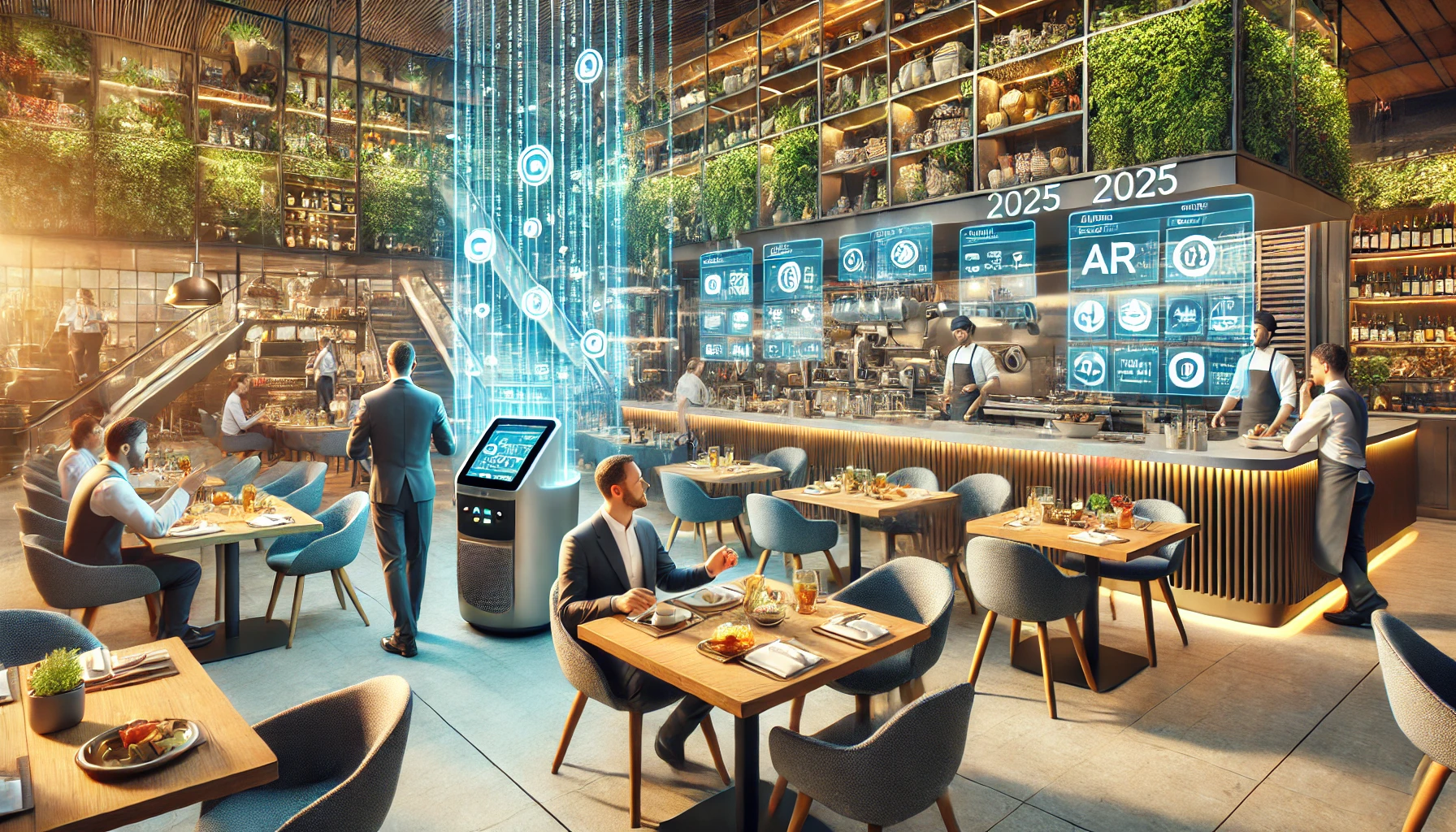As we approach 2025, the restaurant, bar, and hospitality sectors are poised for transformative changes driven by technological advancements, evolving consumer preferences, and a heightened focus on sustainability. Understanding these emerging trends is crucial for industry stakeholders aiming to stay competitive and meet the dynamic demands of modern consumers.
1. Automation and Technology Integration
The adoption of automation technologies is set to revolutionize operations within the hospitality industry. From robotic kitchen assistants to automated cocktail dispensers, establishments are leveraging technology to enhance efficiency, reduce labor costs, and improve service consistency. Guest-facing innovations such as self-service kiosks, QR code menus, and personalized ordering systems are becoming increasingly prevalent, offering patrons seamless and customized experiences.
2. Personalized Guest Experiences Through Data Analytics
In an era where consumers seek tailored experiences, the utilization of data analytics enables businesses to understand customer preferences and behaviors deeply. Advanced Customer Relationship Management (CRM) systems and Artificial Intelligence (AI) tools facilitate the creation of hyper-personalized dining experiences, including customized menus, exclusive offers, and curated events that resonate with individual guests.
3. Sustainability and Eco-Friendly Practices
Environmental consciousness is increasingly influencing consumer choices, prompting the hospitality industry to adopt sustainable practices. Efforts such as reducing food waste, sourcing locally, utilizing energy-efficient appliances, and minimizing single-use plastics are becoming standard. Implementing eco-friendly initiatives not only appeals to socially responsible consumers but also contributes to cost savings and operational efficiency.
4. Immersive and Experiential Dining
The modern consumer values experiences that extend beyond traditional dining. Innovative concepts incorporating augmented reality (AR) menus, interactive chef’s counters, and themed pop-up events are gaining traction. These immersive experiences foster deeper connections with guests, encouraging repeat visits and positive word-of-mouth.
5. Flexible and Resilient Business Models
The unpredictability of recent years has underscored the importance of adaptability in the hospitality industry. Establishments are increasingly adopting flexible operations, including cloud-based point-of-sale (POS) systems, mobile ordering platforms, and delivery-focused kitchen setups, to swiftly respond to changing market conditions. Hybrid models that combine dine-in, takeout, and retail offerings are also being explored to diversify revenue streams and enhance resilience.
6. Health and Wellness Focus
There is a growing emphasis on health and wellness within the hospitality sector. Consumtritious menu options, transparency in ingredient sourcing, and environments that promote well-being. Establishments that prioritize health-conscious offerings and create spaces conducive to wellness are likely to attract a broader clientele.
7. Community Engagement and Social Responsibility
Engaging with local communities and demonstrating social responsibility are becoming integral to hospitality operations. Initiatives such as supporting local artisans, participating in community events, and implementing fair labor practices enhance brand reputation and foster customer loyalty.
Conclusion
The restaurant, bar, and hospitality industry in 2025 will be characterized by a blend of technological innovation, personalized services, sustainability efforts, and adaptable business models. By embracing these trends, establishments can meet evolving consumer expectations, enhance operational efficiency, and achieve sustained success in a competitive landscape.


